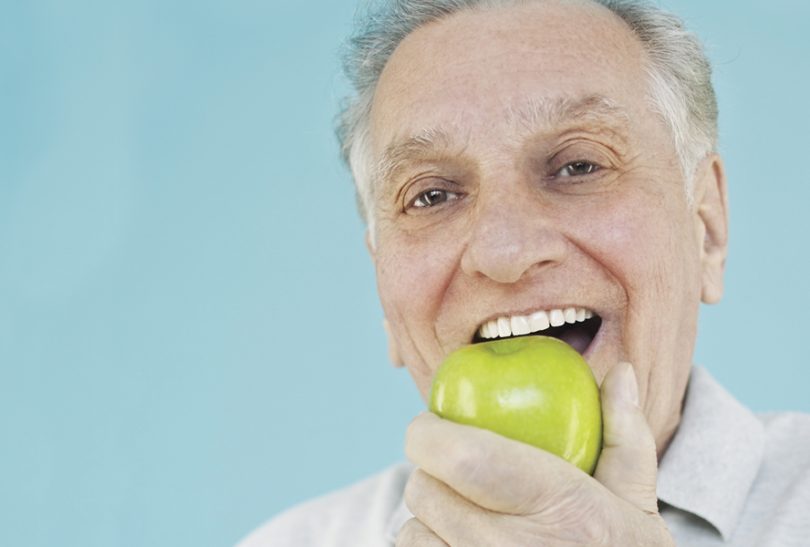Written by Katie Gilstrap
Q: As a care-giver to my elderly parents, I am beginning to notice changes to their nutritional needs. Can you offer any advice?
A: As with many things, the rule of thumb is to use good, common sense.
– Don’t judge a loved one’s weight by how his or her clothes fit: get a scale and ask your parents to use it!
– Make sure your parents are eating the foods they enjoy, but limit fat and sodium content.
– Remember that supplements are good in theory but should be shared with your parents’ doctor as a part of a comprehensive medication management plan.
– Ask their doctor about introducing a daily multi-vitamin as well as a vitamin D supplement, as our need for vitamin D tends to increase as we age.
In addition to these rules of thumb, some elders may need some additional help with nutrition. Living alone, eating alone and being immobile create risk. Too many people depend on pre-packaged food and may overlook critical nutritional elements such as sodium content.
Signs that your loved one may be struggling with nutrition include:
– Unplanned weight loss of 10 or more pounds in 6 months
– Oral problems including sores, decaying teeth or ill-fitting dentures
– Painful or difficult swallowing
– Depression and social isolation
– Poor access to good food or trouble preparing meals
If your loved one is suffering from one or more of these symptoms, check with his or her doctor about the possibility of illness, depression and especially medication side effects. Also, you can help by getting nutritious, appealing food to your loved one with resources such as your local Meals on Wheels or momsmeals.com, who will deliver well-balanced meals on a regular basis.
You can read more about healthy eating as we age at liftcaregiving.com.
Dr. Peter Boling, professor of geriatric medicine at Virginia Commonwealth
University, contributed to this article.







